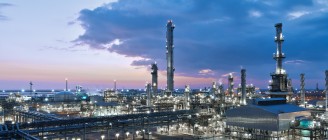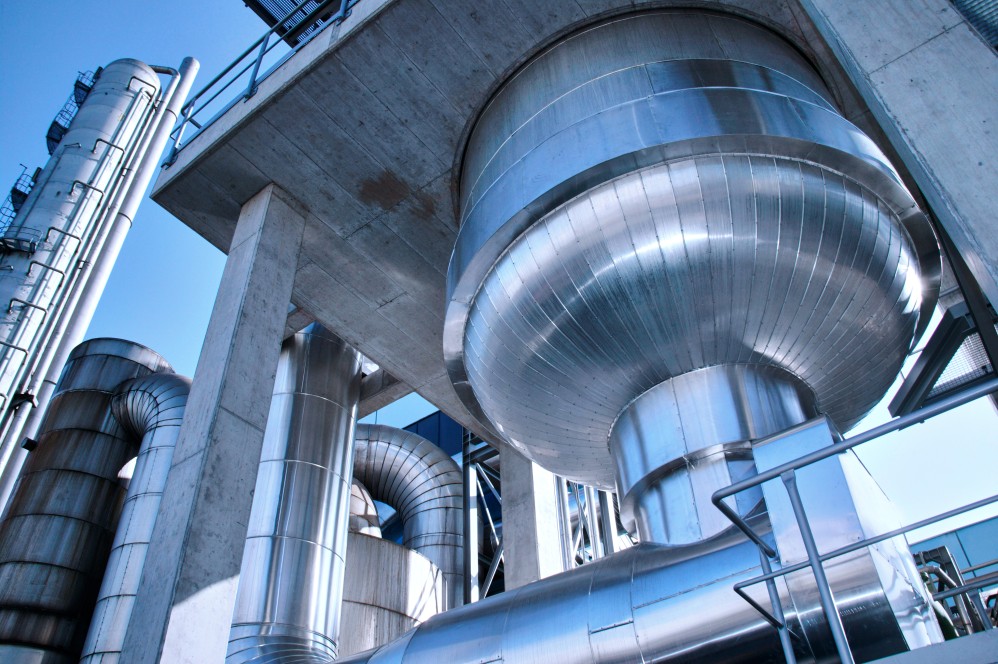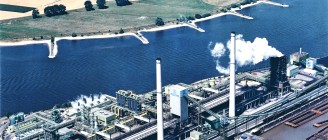Green methanol serves primarily the chemical industry as a base material for a wide range of chemical products such as polymer fibers for the textile industry, plastics for packaging, adhesives, diapers, paints, solvents and much more. Methanol also serves as a fuel or fuel additive.
Thanks to the growth of affordable renewable energy, methanol can be produced based on wind or solar power, geothermal energy or hydropower - significantly reducing greenhouse gas emissions. This "green methanol" is environmentally friendly and can be used as an energy carrier to store renewably generated electricity or as a transportation fuel. In addition to LNG and ammonia, green methanol can also be considered as a substitute fuel for maritime applications. In addition, it can be blended with conventional liquid fuels or used as a fuel for 100% methanol-based propulsion systems.
thyssenkrupp uses its own Uhde methanol technology for production. The hydrogen is produced using highly efficient alkaline water electrolysis (AWE), based on thyssenkrupp's proven chlor-alkali electrolysis technology. The carbon dioxide is recovered from biogas or other fermentation plants as well as from a wide variety of applications such as flue and exhaust gases from chemical and petrochemical complexes, cement plants or steel mills. By removing this greenhouse gas from the atmosphere and "recycling" it, the production process can make a further positive contribution to climate protection.


/thyssenkrupp_logo_claim_d.svg)


